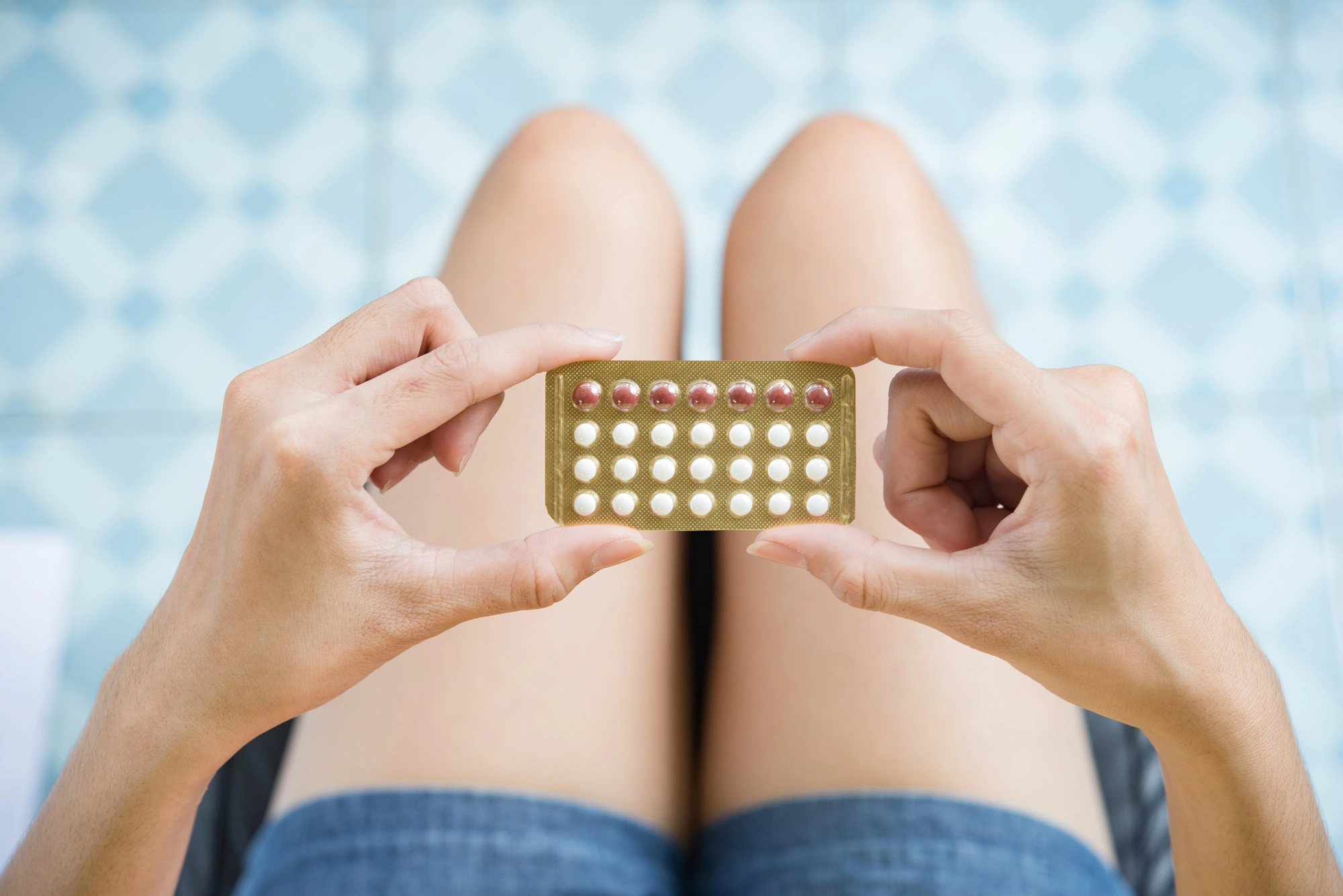
Why and When Should You Consider Postpartum Contraception?
After childbirth, mothers often prioritise their newborn’s needs, neglecting their own reproductive health. However, postpartum contraception is crucial for allowing the body to recover and regain strength before another pregnancy. Without proper birth control, unplanned pregnancies can occur within months, increasing health risks for both mother and baby. Choosing the right contraception ensures women can plan future pregnancies safely and responsibly.
Why is Postpartum Contraception Important?
Fertility can return as early as three weeks postpartum, even before the first period, leading to unplanned pregnancies if contraception is not used. Closely spaced pregnancies increase maternal health risks, including anaemia, high blood pressure, and nutritional depletion. Babies born with short pregnancy gaps face higher risks of preterm birth, low birth weight, and developmental delays. Women who conceive too soon after childbirth, especially after a C-section, are more prone to miscarriages, placenta previa, and uterine rupture.
When Should You Start Postpartum Contraception?
The right time to start postpartum contraception depends on health, breastfeeding status, and personal preference. Some women need an immediate solution, while others may take time to assess their recovery.
- Immediately after childbirth: IUDs and contraceptive implants can be inserted within 48 hours of delivery.
- At the six-week postpartum check-up: This is when most women start hormonal birth control, such as mini-pills, injections, or patches.
- After three months: Women who need more time can opt for barrier methods (condoms or diaphragms) or consider permanent solutions like tubal ligation or vasectomy.
Types of Postpartum Contraception
Women have a variety of contraceptive methods available depending on their health, breastfeeding status, and future pregnancy plans.
- Hormonal Methods
Hormonal birth control prevents ovulation and thickens cervical mucus to block sperm. Some options contain oestrogen, which may reduce breast milk supply, making progestin-only methods ideal for breastfeeding mothers. Mini-pills must be taken daily at the same time for effectiveness. Birth control injections last three months per shot, offering a hassle-free option. Hormonal IUDs provide long-term protection for 3-5 years with minimal maintenance.
- Non-Hormonal Methods
Non-hormonal contraception offers safe, hormone-free alternatives. The copper IUD provides up to 10 years of effective pregnancy prevention without affecting hormones. Barrier methods like condoms, diaphragms, and cervical caps offer immediate, reversible protection while also guarding against STIs.
- Permanent Contraception
For those certain about not having more children, permanent contraception is a reliable option. Tubal ligation is a surgical procedure that blocks or cuts the fallopian tubes, preventing pregnancy permanently. Vasectomy is a quick, minimally invasive procedure for men, offering a long-term birth control solution.
The Smart Approach to Postpartum Birth Control
Postpartum contraception goes beyond pregnancy prevention, it safeguards maternal and infant health, supports full recovery, and enables families to plan responsibly. Understanding the available options allows women to choose the best method for their lifestyle, health, and future goals.
Every woman deserves safe, effective, and reliable contraception after childbirth. At KKCTH, expert counselling and personalised solutions are provided, ensuring new mothers receive the best care and guidance for their reproductive health.



